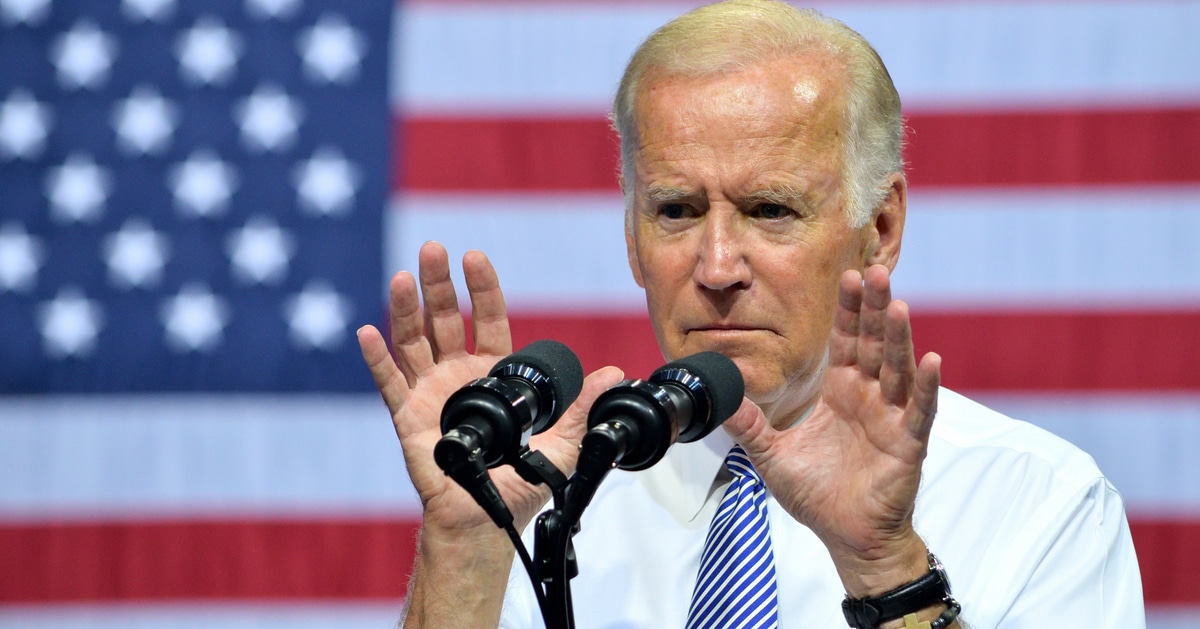

President Joe Biden's progressive efforts on labor, climate change, and corporate regulation are encountering significant challenges due to a series of recent Supreme Court rulings.
Politico reported that these decisions have allowed federal judges to block several key regulations, making it more difficult for Biden's administration and potential successors to protect and implement these policies effectively.
Biden's administration has pursued a wide-ranging agenda focused on cracking down on corporate practices, safeguarding the environment, and enhancing workers' rights.
However, this summer, the Supreme Court handed down rulings that have empowered lower courts to freeze regulations that Biden campaigned on or enacted.
The consequences of these rulings are far-reaching and pose a substantial threat to the administration's achievements.
In a series of significant decisions, federal judges across the country have halted various Biden administration policies.
For instance, a Texas federal judge blocked Biden’s attempt to ban noncompete agreements for workers, while a Mississippi judge stopped discrimination protections in health care for transgender individuals.
Additionally, an Ohio-based appeals court froze a policy designed to prevent internet service providers from throttling online traffic, further hampering the administration's regulatory ambitions.
Biden’s appointees have also worked on implementing regulations that would crack down on credit card late fees, require airlines to provide cash refunds, and extend overtime pay eligibility to millions more workers.
These initiatives, along with other progressive policies, now face an uncertain future due to the recent judicial developments.
One of the most impactful rulings was the Supreme Court's decision to overturn the Chevron doctrine, a legal principle that had long allowed federal agencies significant leeway in interpreting ambiguous laws.
The court's decision to eliminate the statute of limitations for challenging federal regulations and reduce the power of internal judges within agencies further undermines the Biden administration's ability to enforce its regulatory agenda.
These rulings have already been cited by lower courts in numerous decisions, setting a precedent that could further erode the authority of federal agencies under future administrations.
The vulnerability of Biden’s efforts to provide student debt relief, workplace accommodations for abortion, and protections for transgender students has increased in the wake of these rulings.
The recent decisions have also highlighted the growing influence of conservative jurists in limiting the power of federal agencies.
Even before the Chevron doctrine was overturned, conservative judges had been chipping away at agency authority.
The Supreme Court has now ruled that significant regulations require explicit authorization from Congress, further constraining the executive branch's ability to enact sweeping changes without legislative backing.
Democrats are particularly concerned about the potential challenges these rulings pose to environmental regulations and other lesser-known rules that are crucial to the administration's broader agenda.
Industries have already begun attacking various regulations in court, with lawsuits targeting the SEC's market surveillance system and USDA conservation practices among others.
In response to these developments, some Democrats are pushing for legislative action to restore agency power. Rep. Pramila Jayapal has proposed legislation to codify judicial deference to agencies, a move aimed at counteracting the recent judicial shifts. Meanwhile, more than a dozen Republicans are planning to introduce legislation that supports the new regulatory landscape post-Chevron, viewing the changes as a restoration of the proper roles of Congress and the courts.
As the Biden administration continues to secure investments in microchip manufacturing, renewable energy, and infrastructure, these judicial setbacks pose a significant challenge to its broader policy goals. Despite these challenges, progressives argue that Biden has successfully shifted the political and rhetorical center of the Democratic Party to the left.
The White House and Vice President Kamala Harris’s campaign have not commented on the recent judicial developments.
However, the implications for Biden’s legacy are clear. The potential for a conservative veto on his accomplishments looms large, with the future of his policies on student debt relief, workplace accommodations, and discrimination protections hanging in the balance.
Experts like Dan Glickman, a former Clinton-era Agriculture Secretary, have emphasized the need for Congress to set clearer boundaries on legislative agendas to prevent further erosion of agency power.
Sharon Block, a former member of the Obama-era National Labor Relations Board, pointed out that these limitations disproportionately impact Democratic priorities.



